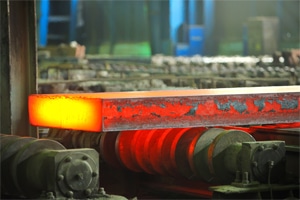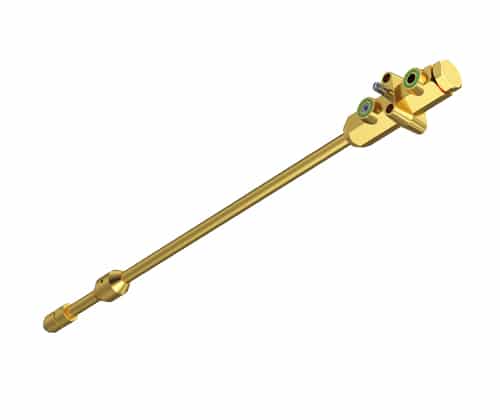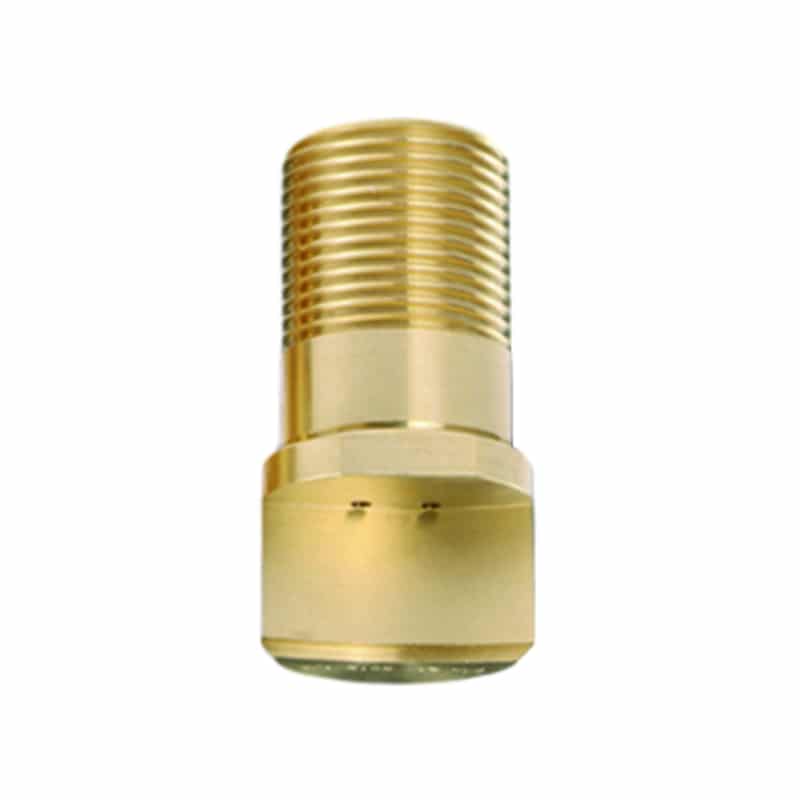Descaling
Descaling in the metal industry refers to the removal of scales or oxides that form on the surface of metal products during various manufacturing processes. These scales are typically oxide layers that develop as a result of exposure to high temperatures, such as during hot rolling, forging, or heat treatment operations. This is a critical step in the metal production process to ensure the quality of the final product, improve surface finish, and facilitate subsequent processing. Here’s an overview of descaling in the metal industry:
1. Types of Metal Scales:
- Mill Scale: Mill scale is a layer of iron oxides formed on the surface of hot-rolled steel. It consists mainly of iron oxides (Fe2O3 and Fe3O4) and may contain other elements. Mill scale can be tightly adhered to the metal surface.
- Heat Treatment Scale: During heat treatment processes like annealing or hardening, metal surfaces can develop oxide scales due to exposure to elevated temperatures in a controlled atmosphere. These scales are often thinner and more uniform than mill scale.
- Forging Scale: Scale can form on metal surfaces during forging processes, especially when heating and shaping metal under high temperatures. Forging scale may contain a combination of iron oxides, sulphides, and other compounds.
2. Methods of Descaling in the Metal Industry:
- Mechanical Descaling: Mechanical methods involve physically removing scales from the metal surface. This can include using brushes, abrasive pads, wire wheels, or shot blasting. This method is effective for thicker and adherent scales.
- Chemical Descaling: Chemical descaling methods use acid-based solutions to dissolve and remove scales from the metal surface. Common acids used include hydrochloric acid or sulfuric acid. Chemicals are effective for thinner scales and can be applied through immersion or spraying.
- High-Pressure Water Descaling: High-pressure water jets can be used to remove scales from metal surfaces. Water descaling is often employed in continuous processing lines where metal strips or sheets pass through high-pressure descaling nozzles to remove scales before further processing.
3. Importance of Descaling in the Metal Industry:
- Surface Quality: Descaling improves the surface quality of metal products by removing scales, resulting in a smoother and cleaner finish.
- Subsequent Processing: It is often a necessary step before subsequent manufacturing processes, such as cold rolling, coating, painting, or further heat treatments. Removing scales ensures proper adhesion and surface preparation.
- Dimensional Accuracy: Scale on metal surfaces can affect dimensional accuracy. Descaling ensures that the final product meets the required dimensional specifications.
- Prevention of Defects: Scales can lead to defects such as pitting, cracking, or poor surface adhesion. Descaling helps prevent these defects and ensures the integrity of the metal product.
4. Equipment:
- Descaling Machines: Specialized machines, such as shot blasting machines or high-pressure water systems, are used in industrial settings for efficient and continuous descaling of metal surfaces.
- Brushes and Abrasives: Mechanical descaling often involves the use of brushes, abrasive pads, or wire wheels that can be applied manually or integrated into automated systems.
- Acid Baths: For chemical descaling, metal products may be immersed in acid baths or subjected to acid spraying to remove scales.
5. Safety Considerations:
- Protective Gear: Operators should wear appropriate personal protective equipment, including gloves, eye protection, and respiratory protection when dealing with chemicals or abrasive materials.
- Environmental Considerations: Proper disposal and treatment of chemical solutions are essential to minimize environmental impact. Neutralization and recycling systems may be implemented.
Descaling in the metal industry is a critical step to enhance the quality, appearance, and performance of metal products. The choice of method depends on factors such as the type of scale, the metal material, and the specific manufacturing processes involved. Efficient descaling contributes to the overall success of metal processing operations.
Founded in 1982, Tecpro Australia has developed an enviable reputation for providing reliable and cost-effective technical solutions for a vast range of industrial applications. Products suitable for steel industry application include:
* Descaling Spray Nozzles
Our customers benefit from the following:
• Access to a broad range of quality solutions and technical advice
• Local sales support and customer service with a focus on integrity and honesty
• Over 30 years’ experience of providing expertise and solutions
• Quality European manufactured products.





